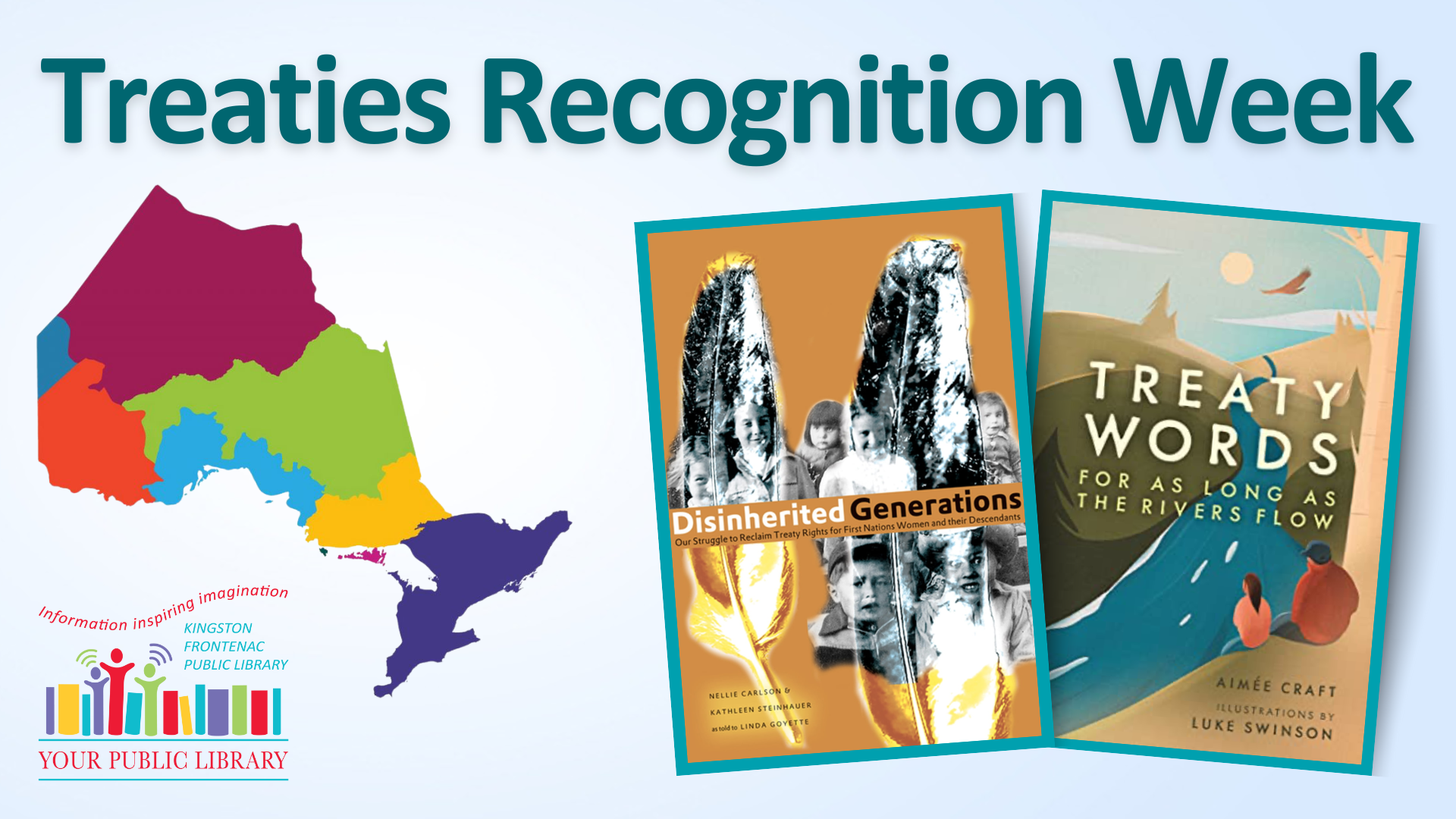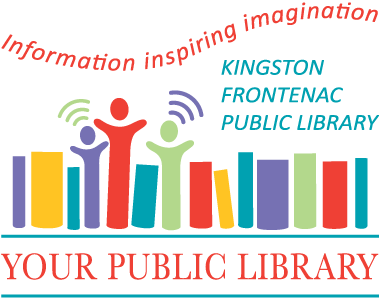
This is Treaties Recognition Week, highlighting the importance of treaty rights, treaty relationships and their relevance today.
Learning about treaty rights is an important marker on the path toward reconciliation. Learn more about this topic through the titles below and by visiting the Government of Ontario’s website.
Treaties by Simon Rose
This book explores the history of treaties between Indigenous peoples in Canada, the development of treaties between Indigenous peoples and European settlers, treaty rights and obligations, the different views regarding treaties and what they represent, modern treaties, and how treaties are likely to be interpreted in the future. Ages 9-12.
Development of the Reserve System by Simon Rose and Kathleen Corrigan
Indigenous Peoples have played an influential role in Canadian history and continue to do so today. From the past and into the future, Indigenous Life in Canada reveals the challenges Indigenous peoples face, celebrates their diverse cultures, and highlights the contributions they make in Canada. Ages 10-11.
Treaty Words: For As Long As the Rivers Flow by Aimée Craft
Aimée Craft communicates the importance of understanding an Indigenous perspective on treaties. On the river banks that have been Mishomis’s home his whole life, he teaches his granddaughter to listen—to hear both the sounds and the silences, and so to learn her place in Creation. Most importantly, he teaches her about treaties—the bonds of reciprocity and renewal that endure for as long as the sun shines, the grass grows, and the rivers flow. Ages 10+
Treaty # by Armand Garnet Ruffo
A treaty is a contract. A treaty is enduring. A treaty is an act of faith. A treaty at its best is justice. It is a document and an undertaking. Treaty # is all of these. In this far-ranging work, Ruffo documents his observations on life as he sets out to restructure relationships and address obligations nation-to-nation, human-to-human, and human-to-nature.
Disinherited Generations by Nellie Carlson and Kathleen Steinhauer with Linda Goyette
This oral autobiography of two remarkable Cree women tells their life stories against a backdrop of government discrimination, First Nations activism, and the resurgence of First Nations communities. Nellie Carlson and Kathleen Steinhauer, who helped to organize the Indian Rights for Indian Women movement in western Canada in the 1960s, fought the Canadian government's interpretation of treaty and Indigenous Rights, the Indian Act, and the male power structure in their own communities.
Indigenous Continent by Pekka Hämäläinen
Pekka Hämäläinen argues that the very notion of "colonial America" is misleading, and that we should speak instead of an "Indigenous America" that was only slowly and unevenly becoming colonial. The evidence of Indigenous defiance is apparent today in the hundreds of Indigenous nations that still dot the United States and Canada.
No Place for Fairness by David McNab
David McNab — a long-time advisor on land and treaty rights for both government and First Nations groups — looks at the Bear Island Indigenous rights case, initiated by the Teme-Augama Anishnabai, to explore why governments fail to deal effectively with Indigenous land claims.
In Divided Unity: Haudenosaunee Reclamation at Grand River by Theresa McCarthy
In February 2006, the Six Nations occupation of a 132-acre construction site in Caledonia, Ontario, reignited a 200-year-long struggle to reclaim land and rights in the Grand River region. Framed by this ongoing reclamation, In Divided Unity explores community-based initiatives that promote Haudenosaunee traditionalism and languages at Six Nations of the Grand River as crucial enactments of sovereignty both historically and in the present.













